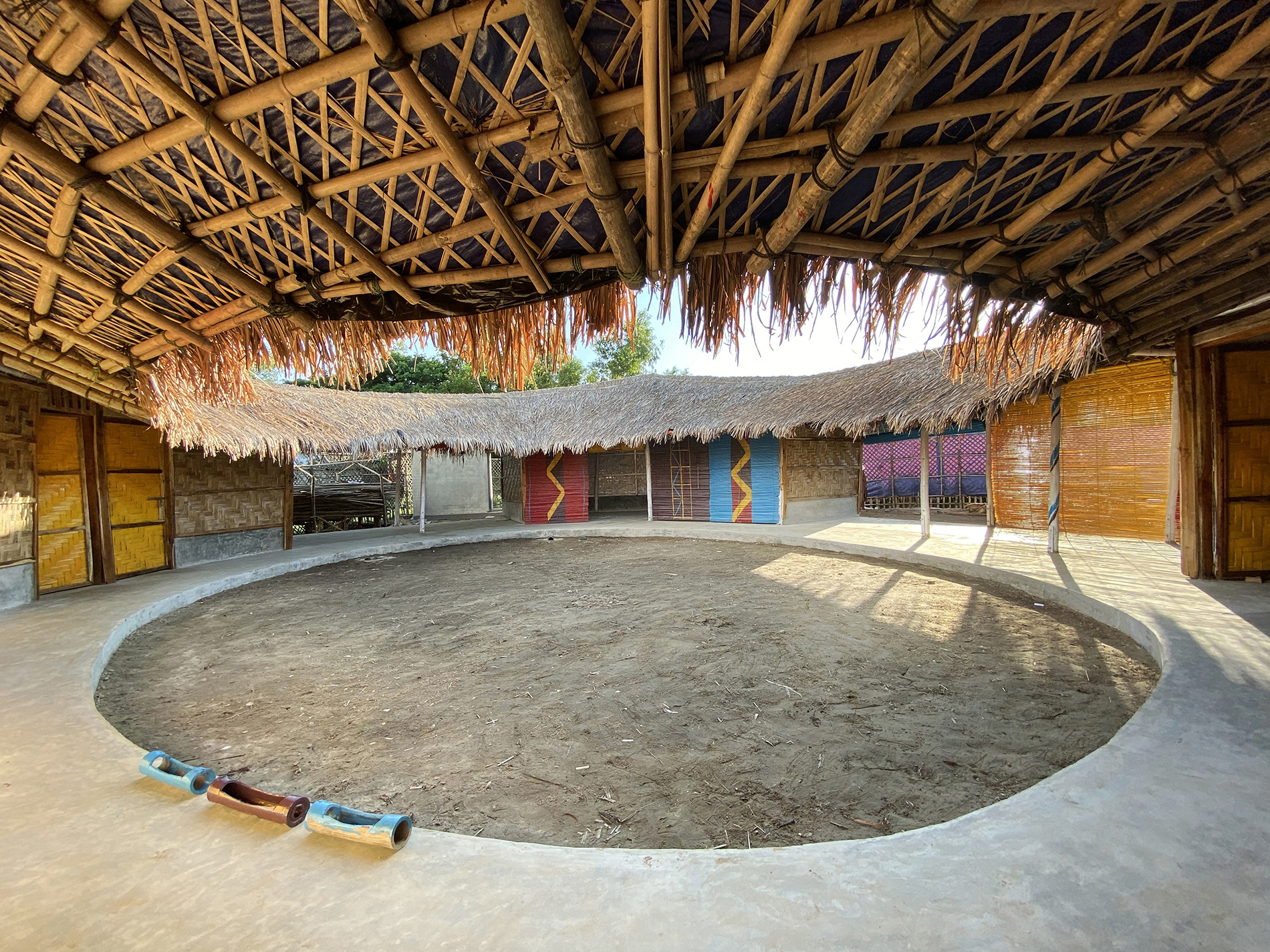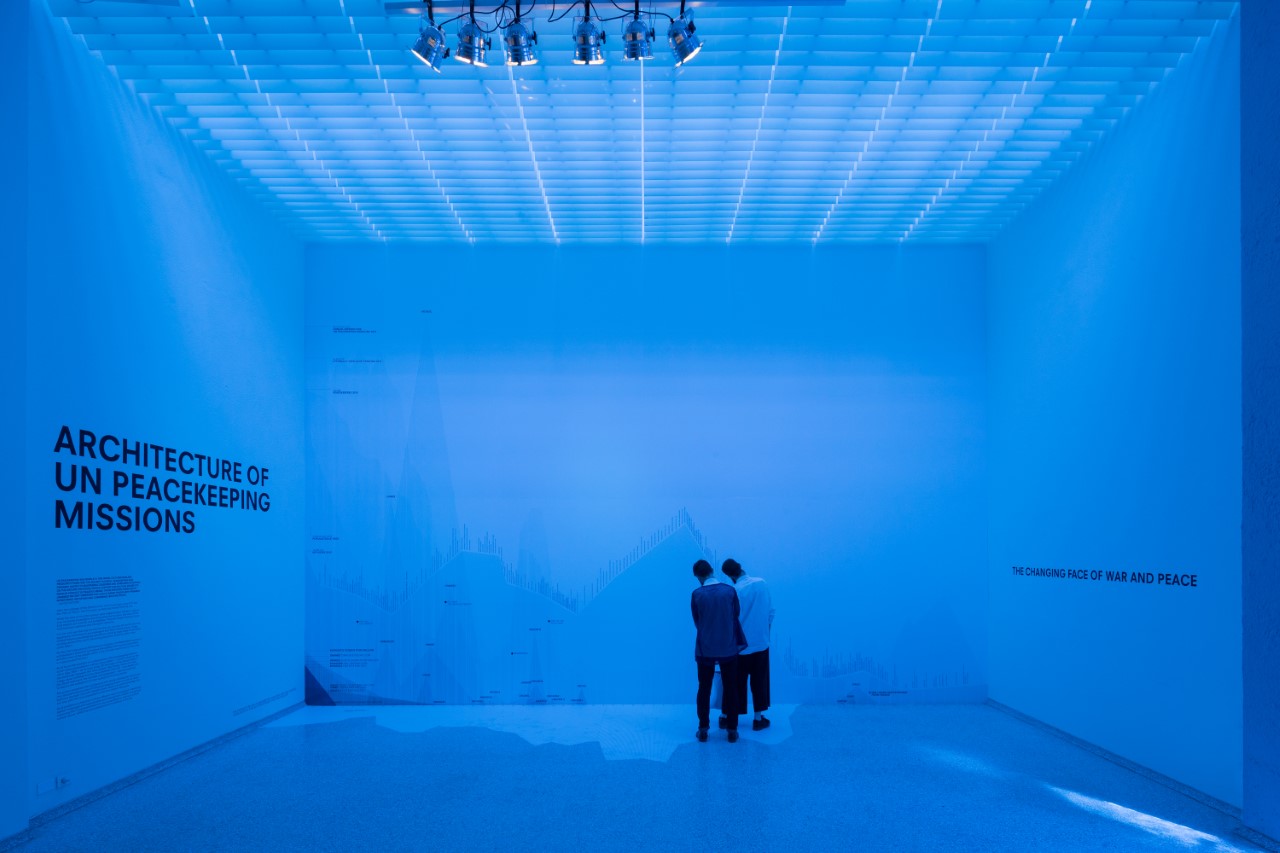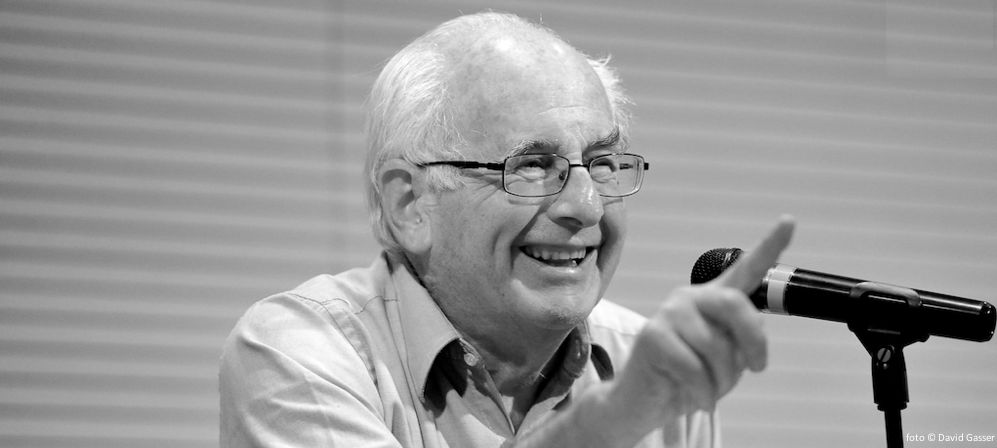After facing extreme violence and persecution by the Myanmar military, over one million Rohingya refugees arrived in Bangladesh in late 2017. This unexpected mass exodus convening in the southern Chittagong province rapidly created the fourth largest “city” in the country. In this conversation the processes undertaken by three Bangladeshi architects, trained as community architects by Suhailey Farsana and Professor Hasibul Kabir, are discussed and contextualized within the architectural practice of Bangladesh. Saad Mostafava, Fatmi Kwaja, and Rizvi Hassan have worked as architects, or as co-creators, aiding Rohingya communities in exile in Bangladesh in the frontline of the Rohingya Refugee Crisis since 2018. Dean Faud Mallick, current director of the School of Architecture at BRAC University, helps frame the conversation describing their school’s role in producing “community architects”. The work discussed in this panel was recently recognized with the 2022 Aga Khan Award for Architecture, the most prestigious international prize in Architecture in areas with significant Muslim presence.
Actualidad
Abordajes de actualidad
Art, Activism & Public Imagination
There are nearly 89 million forcibly displaced individuals worldwide, a figure doubling in the past four years of the so-called “decade of Displacement”. The top-down formal apparatus of international response is not the only way to address this issue, and arguably not the most effective method of responding to this humanitarian crisis. Many millions have had to forge bottom-up alternatives and make-do, community driven support for the enormous need of the displaced. For this third conversation we welcomed Malkit Shoshan, founding-director of the architectural think-tank FAST: Foundation for Achieving Seamless Territory. FAST engages research, advocacy, and design to investigate the relationship between architecture, urban planning, and human rights in conflict affected environments. Rami Younis, a Palestinian filmmaker, writer, journalist and activist, editor and founding member of “Local Call”, a journalistic project in Hebrew designed to challenge Israeli mainstream journalism outlets. And lastly, Alessandro Petti, founder along with Sandi Hilal of DAAR, a research and project-based artistic practice that is both theoretically ambitious and practically engaged in the struggle for justice and equality. DAAR founded Campus in Camps, an experimental educational program hosted in Dheisheh Refugee Camp in Bethlehem, Palestine with the aim to overcome conventional educational structures by creating a space for critical and grounded knowledge production connected to greater transformations and the democratization of society.
Addio
Después de oír y ver no pocas óperas llegué a la conclusión de que con harta frecuencia eran un largo espectáculo que conducía a la palabra final: addio, dicha en diferentes idiomas según el compositor. Me toca ahora decir lo mismo acerca de las vidas humanas comenzando por la mía propia. ¿Cómo decir “adiós” a una vida que se acaba? Sé que …





